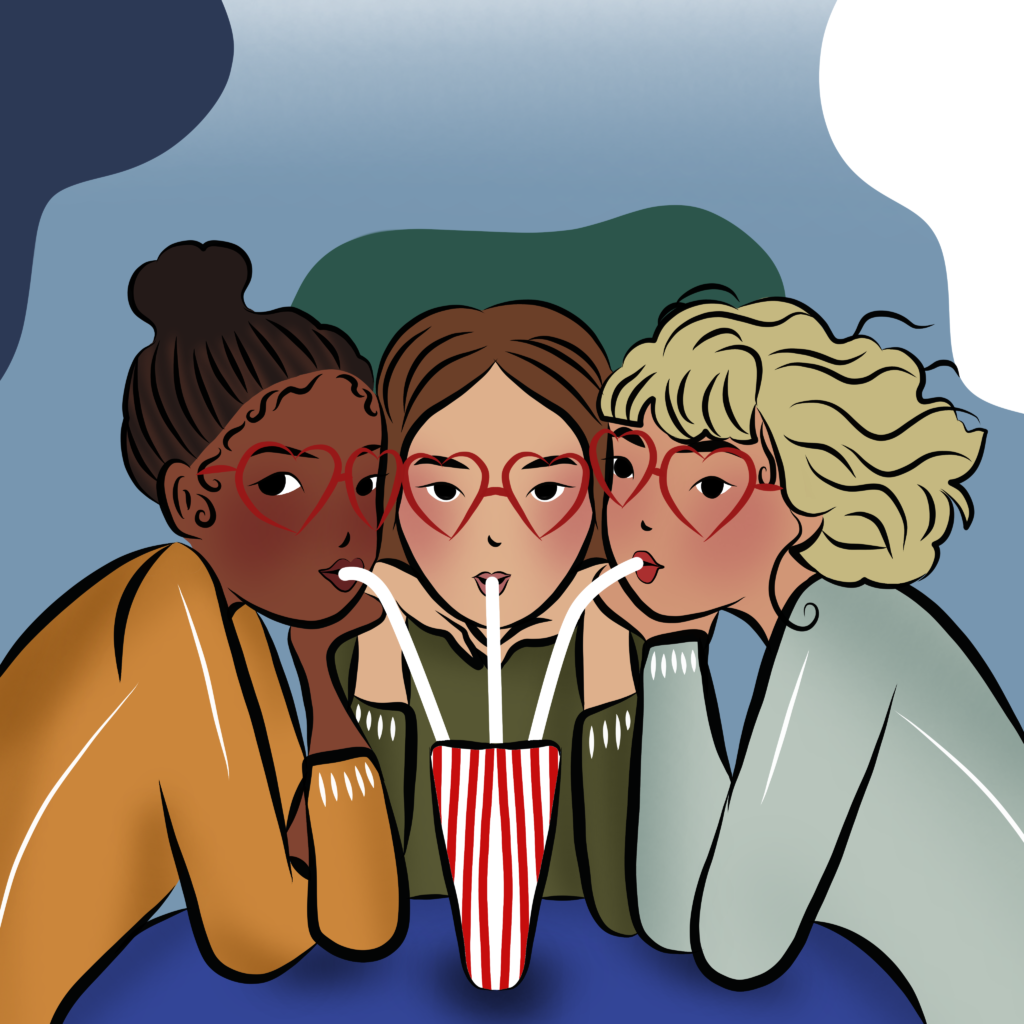
Nowadays, information has spread widely all over the globe through the internet causing a lot of complexities and problems such as misinformation, propaganda, prejudice, and self-alienation. The spectacle is the one to blame. The spectacle is not a collection of images, but a social relation among people that is mediated by images (Debord, 1967, p. 67), meaning that it is a dangerous threat to our society since it can strain the social relation. In this essay, the author will describe the internet’s contributions as a tool of government agenda and to collect our personal information for the sake of the spectacle.
First of all, we need to understand the spectacle itself. According to Debord in The Society of The Spectacle (1992), the spectacle is a consensual hallucination amongst people mediated by images in order to blind us from reality by creating a fake one. These images are no ordinary images, but it is rather a social construct that is created to commodify people inside of a society which is already corrupted by the illusion that the spectacle created. This, moreover, would be profiting those who are in charge of creating the spectacle, that is the state, in order to control us. As stated in the previous paragraph, we can conclude that the spectacle creates an illusion of social prejudice, social culture, and how people socialize in general that causes someone to be alienated from others.
The internet is one of the main reasons the spectacle was created since in today’s society information is easily found there. This information, however, is most likely filtered by the government, causing many infiltrations toward the information itself. Bradshaw and Howard in their book stated that “there is at least one political party or government agency using social media to shape public attitudes domestically in each country” (Bradshaw & Howard, 2019, p. i). It is a well-known fact that the information we receive mostly are political agendas, causing people to know little of what has happened. This, in fact, leads to a creation of certain images of an individual toward some events such as race conflicts, wars, elections, and other social-related events. There is little information on the internet which states the truth. Furthermore, people tend to be directed by the controller, or in this case the state, towards the filtered information. Hence the inability to see the truth.
In spite of the flow of information, the internet has also played an important role in data stealing. According to the Office of the Commissioner of Canada, while we surf the internet, our search engines are collected inside one piece of data which makes it easier for those who are able to access it, that is the state, to see our privacy or even our thoughts. This, in fact, would make it easier for the ruling class to transfix the people’s minds in order to control them. This data-collecting system will help the government to lodge in propaganda inside of a society in order to disassociate the people from each other. Certain events of propaganda can be simply shared on the internet. The government, which already knows the users’ data, would classify them into different sub-group, creating easy access for them to provoke and alienate the people from each other. An example is the conflict that happens in West Papua where the Papuans are fighting for their freedom. Ondawame in West Papua: The Discourse of Cultural Genocide and Conflict Resolution (2006) argued that the government is spreading some issues, in this case, throughout the internet toward the audience, depending on which side the audience is taking (Ondawame, 2006, p.35). Racial issues, cultural issues, and the conflict itself are the common three. These issues are most likely already filtered by the government in order to blind the audience from the truth which will create an inability for them to see through the solution, making the people blame each other instead of finding the root problem and finding an appealing solution, and also possibly causing a backlash in the society.
Summing up the matters that have been stated, the author would like to warn people of the danger that the internet might cause by describing its contributions to the spectacle’s society. In the author’s humble opinion, it is best for us to be wise in filtering the information from and on the internet. The author is concerned that the advantages of the internet would cause even more harm to society. Hence, it is important for us to be conscious of the internet and the spectacle. The more a person identifies oneself with the spectacle, the less one will understand what one truly is, which means it is time for people to resurrect themselves in the hope that there will be a better future for the human race.
References:
Debord, G. (1967). The society of the spectacle. Paris: Les Éditions Gallimard
Deleuze, G. (1990). Society of control. Nadir.
Bradshaw, S, & Howard, PN. (2019). The global disinformation order: 2019 global inventory of organised social media manipulation., digitalcommons.unl.edu, https://digitalcommons.unl.edu/cgi/viewcontent.cgi?article=1209&context=scholcom
Office of the Privacy Commissioner of Canada. (2020). Privacy Education For Kids. https://www.priv.gc.ca/en/about-the-opc/what-we-do/awareness-campaigns-and-events/privacy-education-for-kids/fs-fi/choice-choix/
Ondawame, JO. (2006). West Papua: The discourse of cultural genocide and conflict resolution. Cultural genocide and Asian state peripheries, Springer, https://doi.org/10.1057/9780230601192_4
Author: Sultan Mahesadewa
Editor: Yohana Satvika Wahyuveda, Ruth Tirza Arina (QC)
Illustrator: Angelita Dayang Diva

